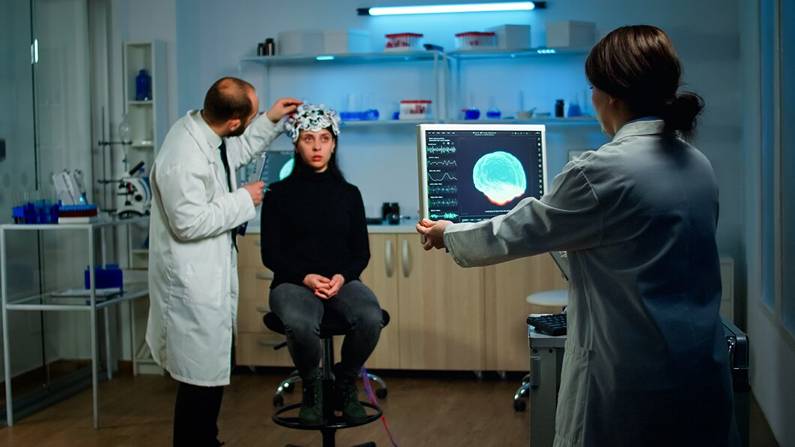
Image Source: Google
Obsessive-Compulsive Disorder (OCD) is a mental health condition that affects millions of people worldwide. Individuals with OCD experience recurring, unwanted thoughts (obsessions) and repetitive behaviors or mental acts (compulsions).
While there are effective treatments available for managing OCD, ongoing research and clinical trials aim to improve outcomes and offer new possibilities for those living with the disorder.If you are searching for the best ocd trials clinic then, you can explore this website.
Current OCD Trials
What are Clinical Trials?
Clinical trials are research studies that explore whether a medical strategy, treatment, or device is safe and effective for humans. These trials are essential for advancing medical knowledge and improving patient care.
Latest OCD Trials
- Virtual Reality Exposure Therapy: Some trials are investigating the use of virtual reality technology to create immersive environments for exposure therapy, a common treatment for OCD. This innovative approach aims to simulate real-life scenarios that trigger obsessions and compulsions, allowing individuals to confront their fears in a controlled setting.
- Deep Brain Stimulation (DBS): DBS involves implanting electrodes in specific areas of the brain to regulate abnormal brain activity. Researchers are studying the potential benefits of DBS for individuals with severe, treatment-resistant OCD. Early results are promising, showing improvements in symptom severity and quality of life.
- Novel Medications: Pharmaceutical companies are developing new medications that target different neurotransmitter systems involved in OCD. These medications aim to provide alternative options for individuals who do not respond to traditional treatment methods, such as selective serotonin reuptake inhibitors (SSRIs).
Innovative Treatment Approaches
Transcranial Magnetic Stimulation (TMS)
TMS is a non-invasive procedure that uses magnetic fields to stimulate nerve cells in the brain. This therapy is being explored as a potential treatment for OCD, particularly for individuals who have not responded well to other interventions.
Mindfulness-Based Therapies
Mindfulness practices, such as meditation and breathing exercises, have shown promise in reducing OCD symptoms and improving overall well-being. Integrating mindfulness-based therapies into treatment plans can help individuals develop awareness of their thoughts and emotions, ultimately reducing the impact of obsessions and compulsions.
Comprehensive Behavioral Therapy for Tics (CBIT)
CBIT is a specialized form of therapy designed for individuals with OCD who also experience motor or vocal tics. This treatment focuses on habit reversal training and promoting alternative behaviors to reduce tic severity and frequency.
Future Directions in OCD Research
Personalized Medicine
Researchers are exploring the concept of personalized medicine in the treatment of OCD, aiming to tailor interventions to individuals based on their unique genetic, neurobiological, and environmental factors. Personalized approaches have the potential to enhance treatment outcomes and minimize side effects.
Neuroimaging Studies
Advancements in neuroimaging technologies allow researchers to study the brain activity of individuals with OCD in greater detail. By identifying specific neural circuits and regions associated with OCD symptoms, researchers can develop targeted interventions that address the underlying neurobiology of the disorder.
Telehealth and Digital Therapeutics
The rise of telehealth services and digital therapeutics has provided new opportunities for individuals with OCD to access evidence-based treatments remotely. Online platforms and mobile applications offer convenience and flexibility in receiving therapy and monitoring symptoms, making mental health care more accessible to a wider population.
Conclusion
As research in OCD continues to advance, new and innovative treatments are emerging to improve the lives of individuals affected by the disorder. From cutting-edge therapies like DBS and TMS to personalized medicine approaches, the future of OCD treatment holds great promise.